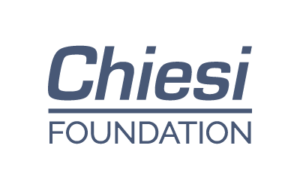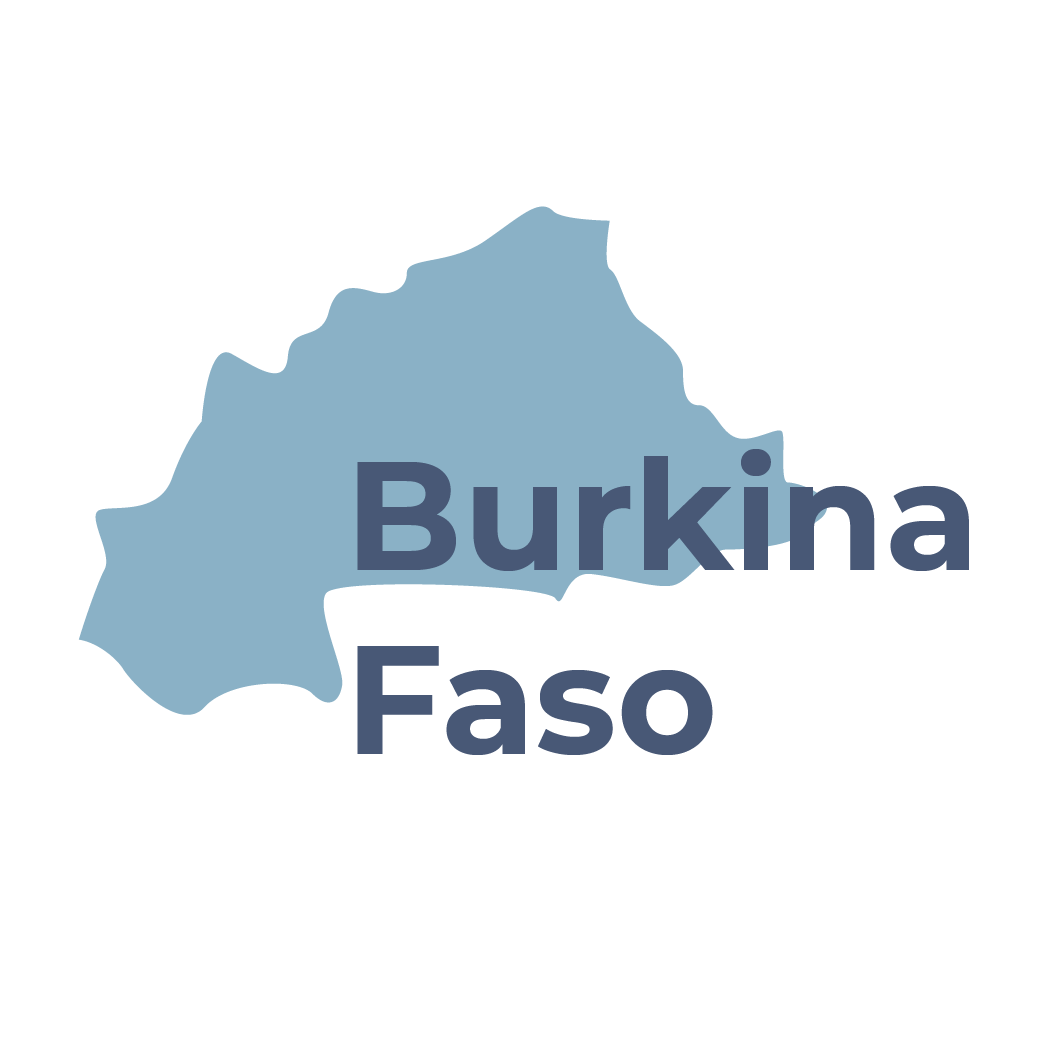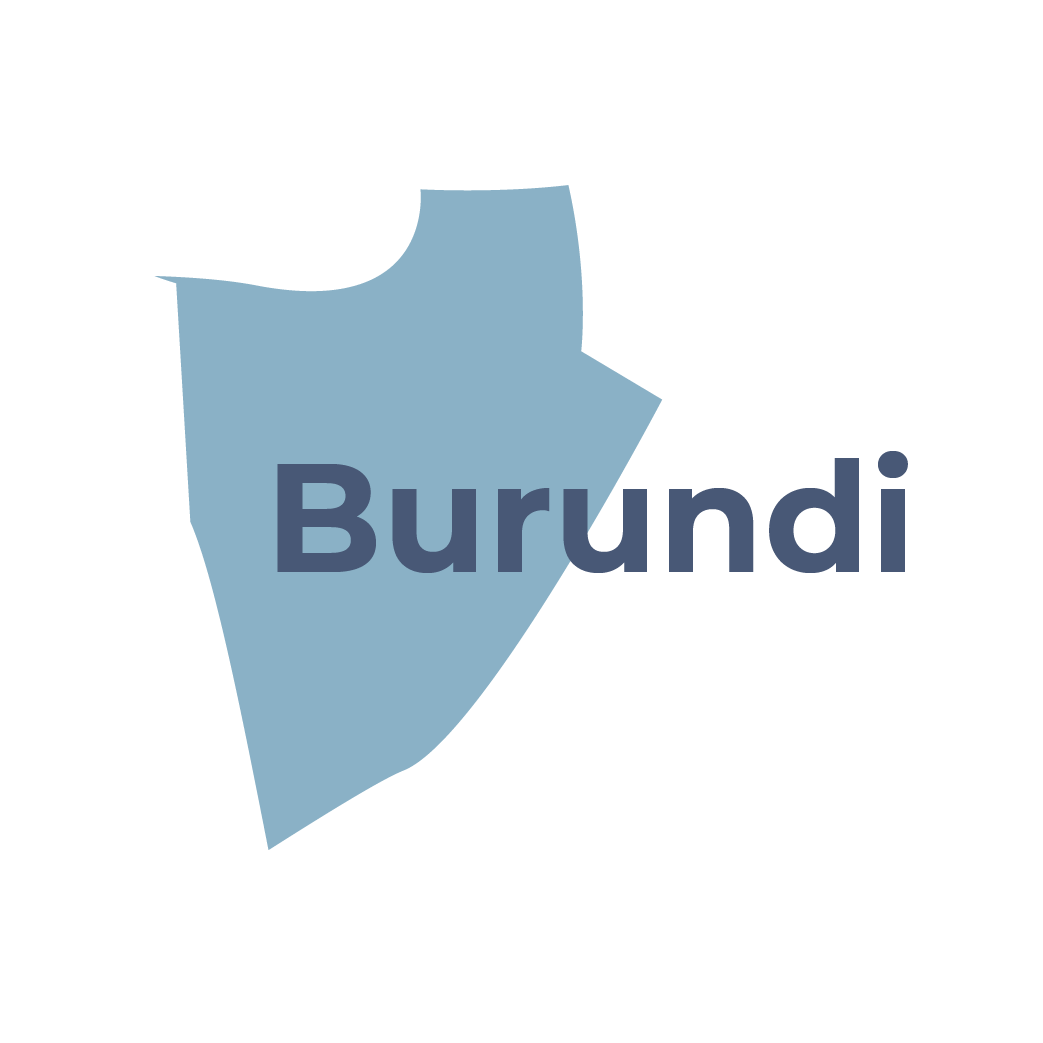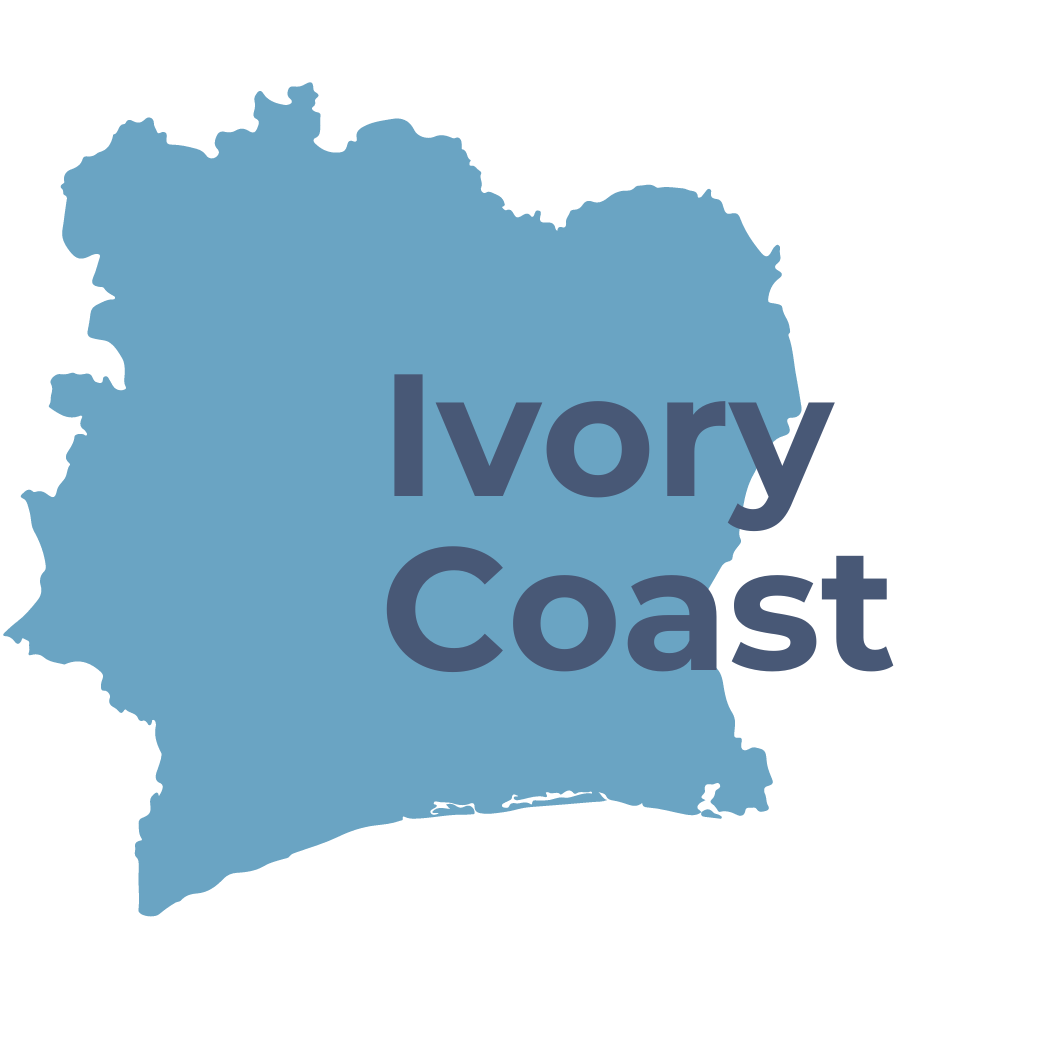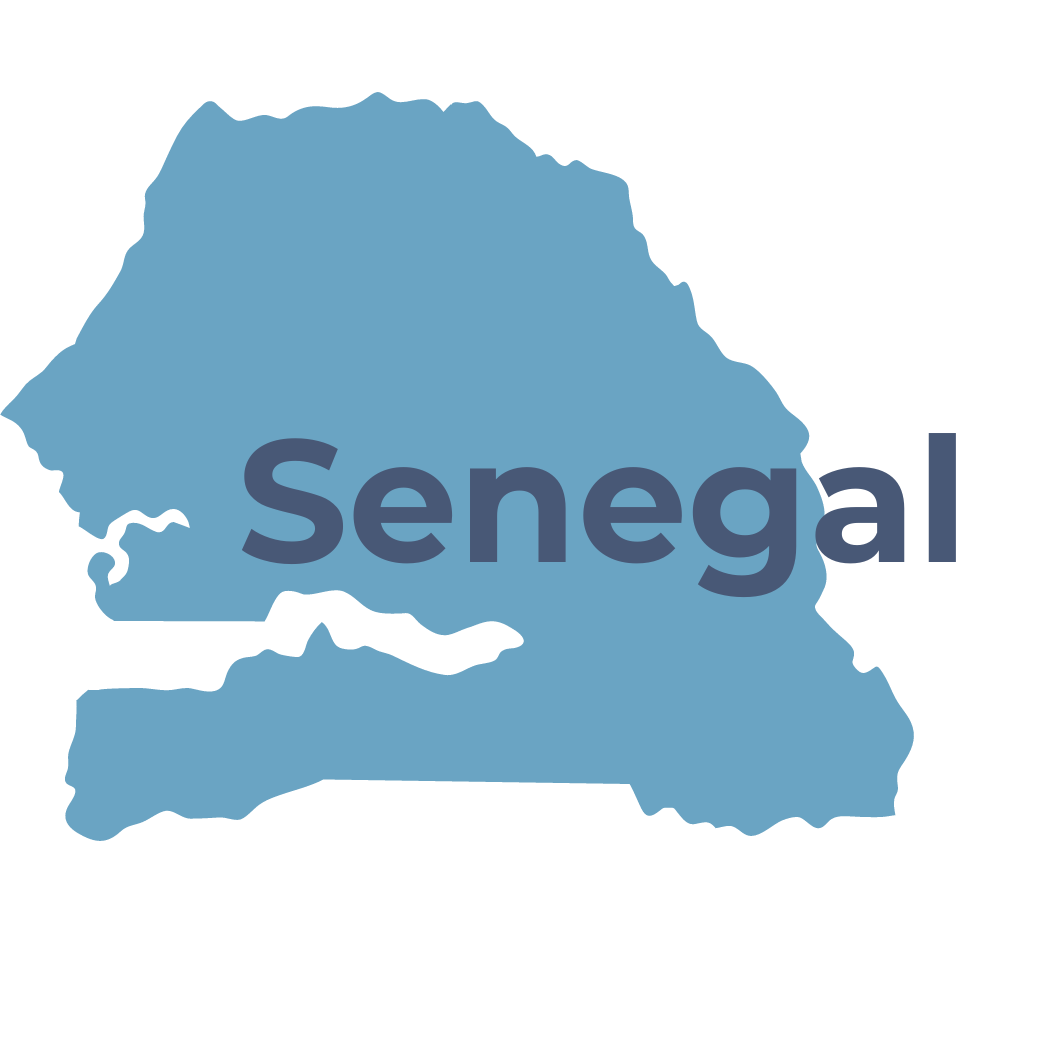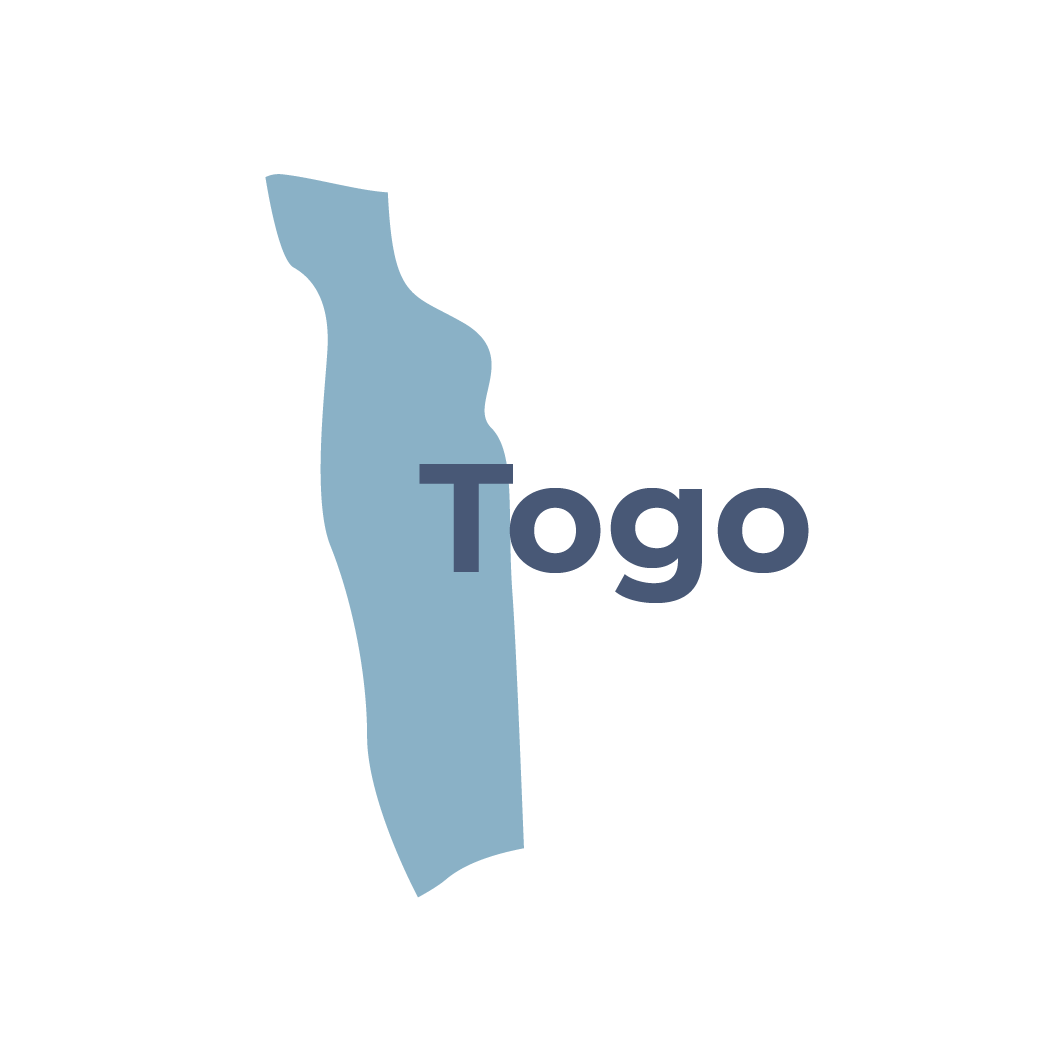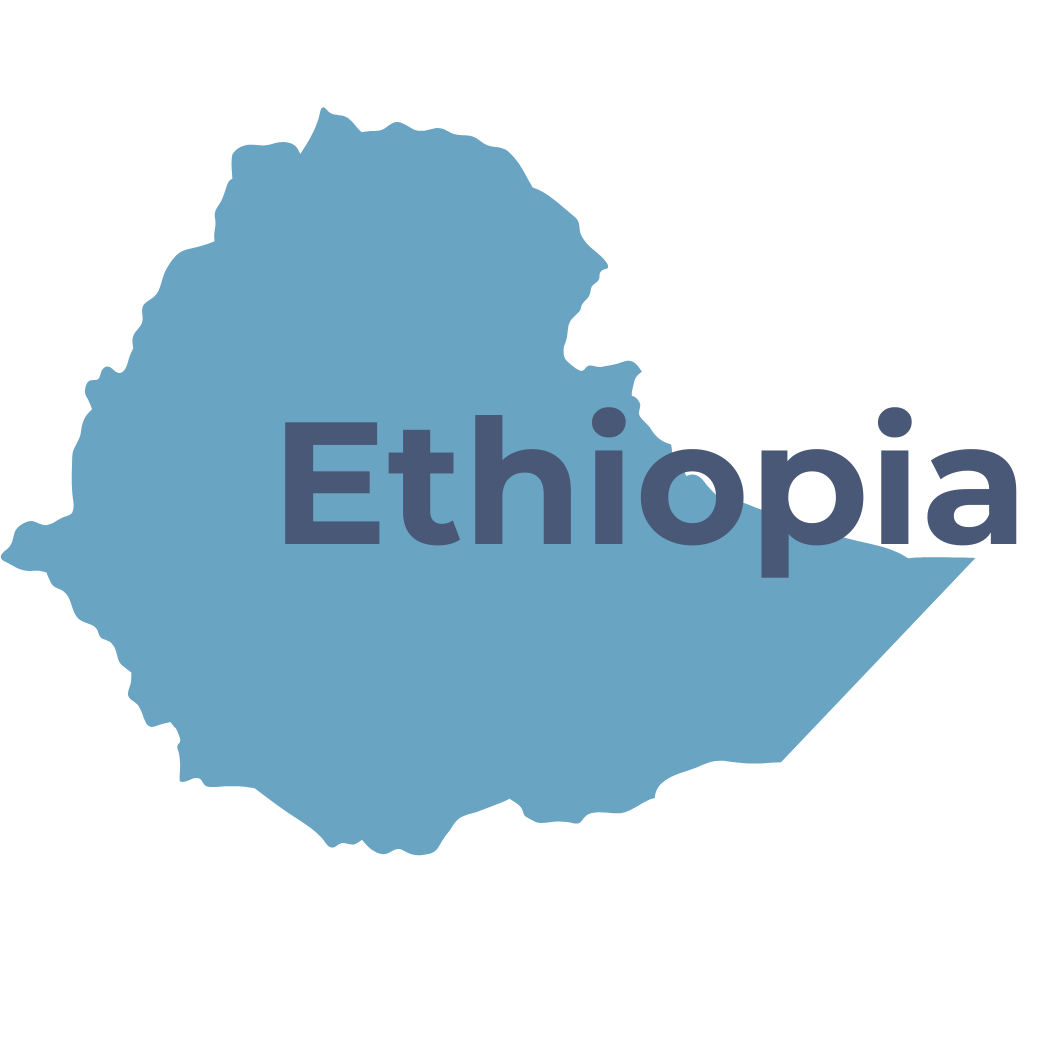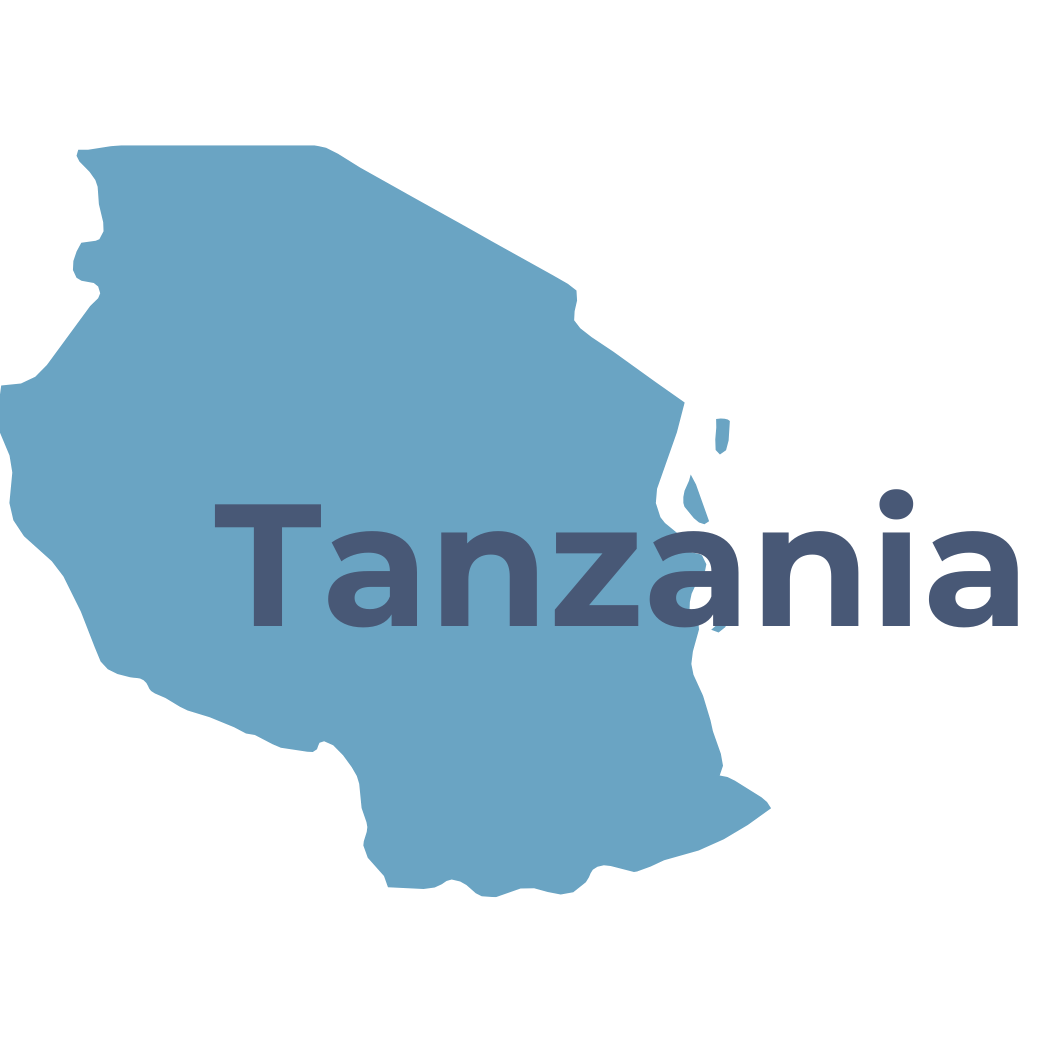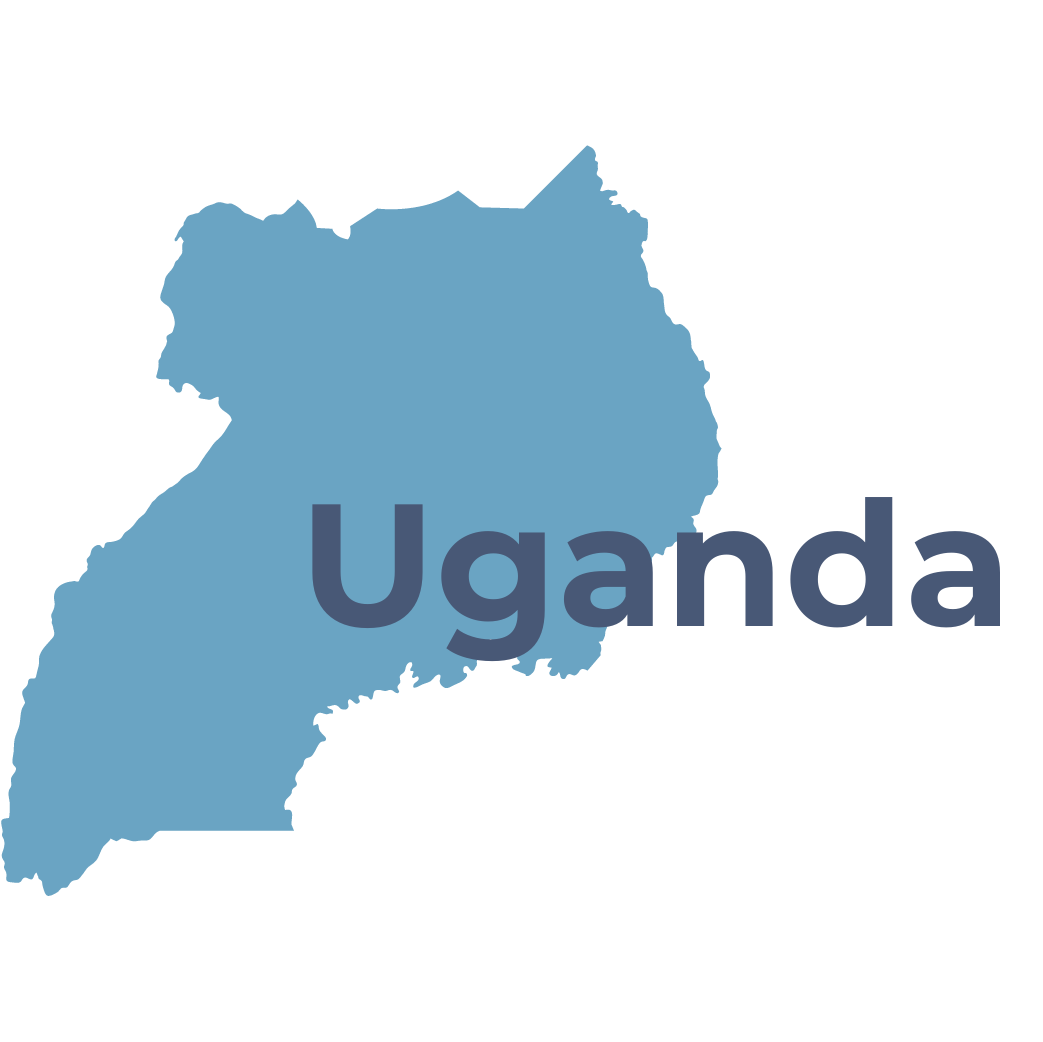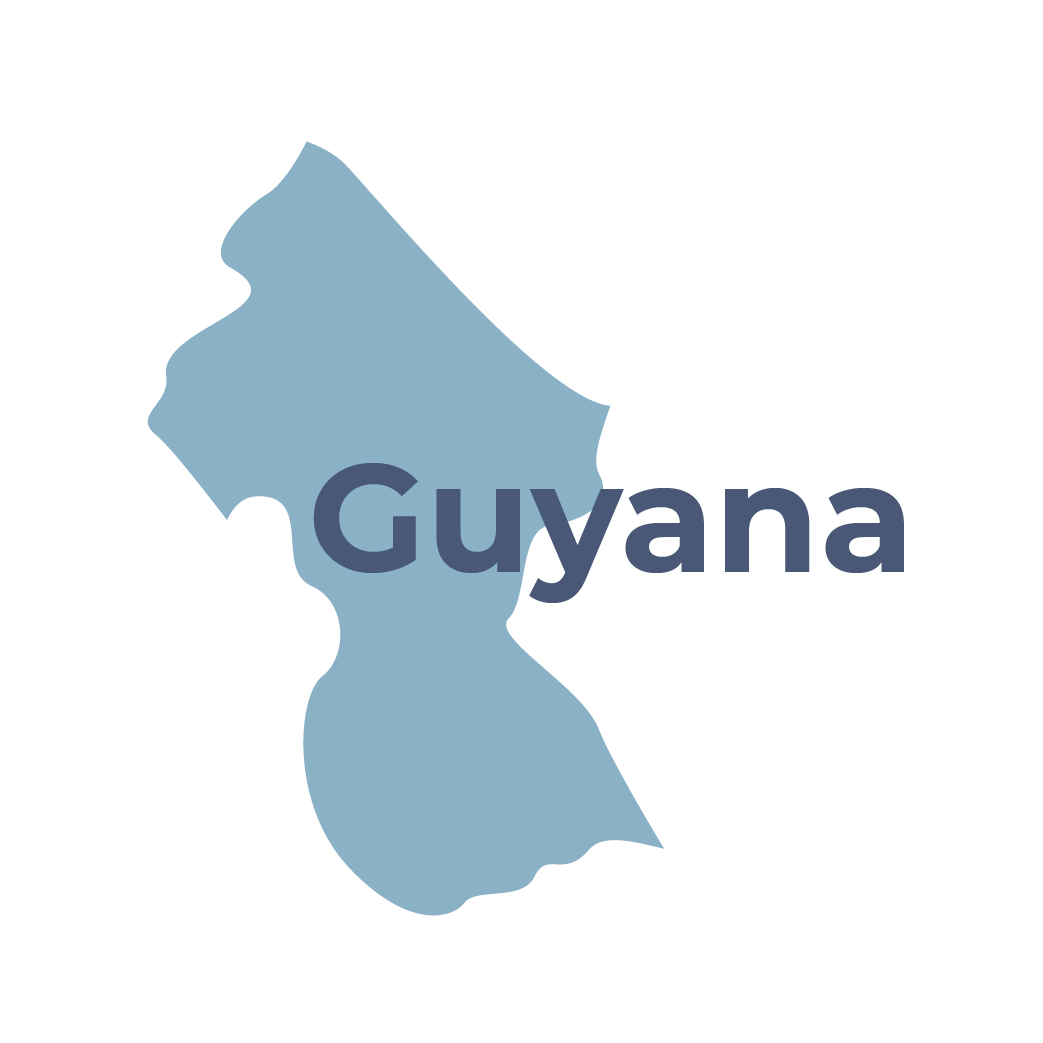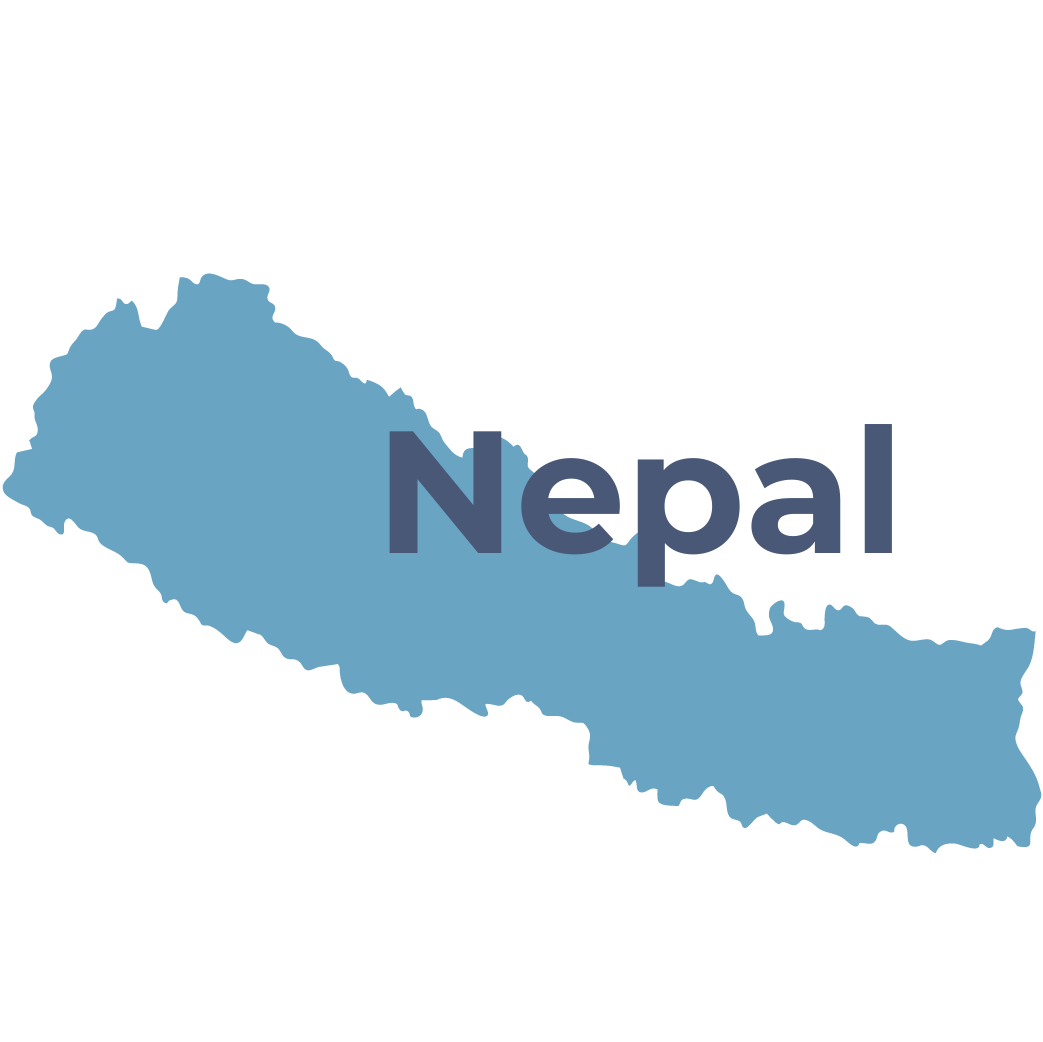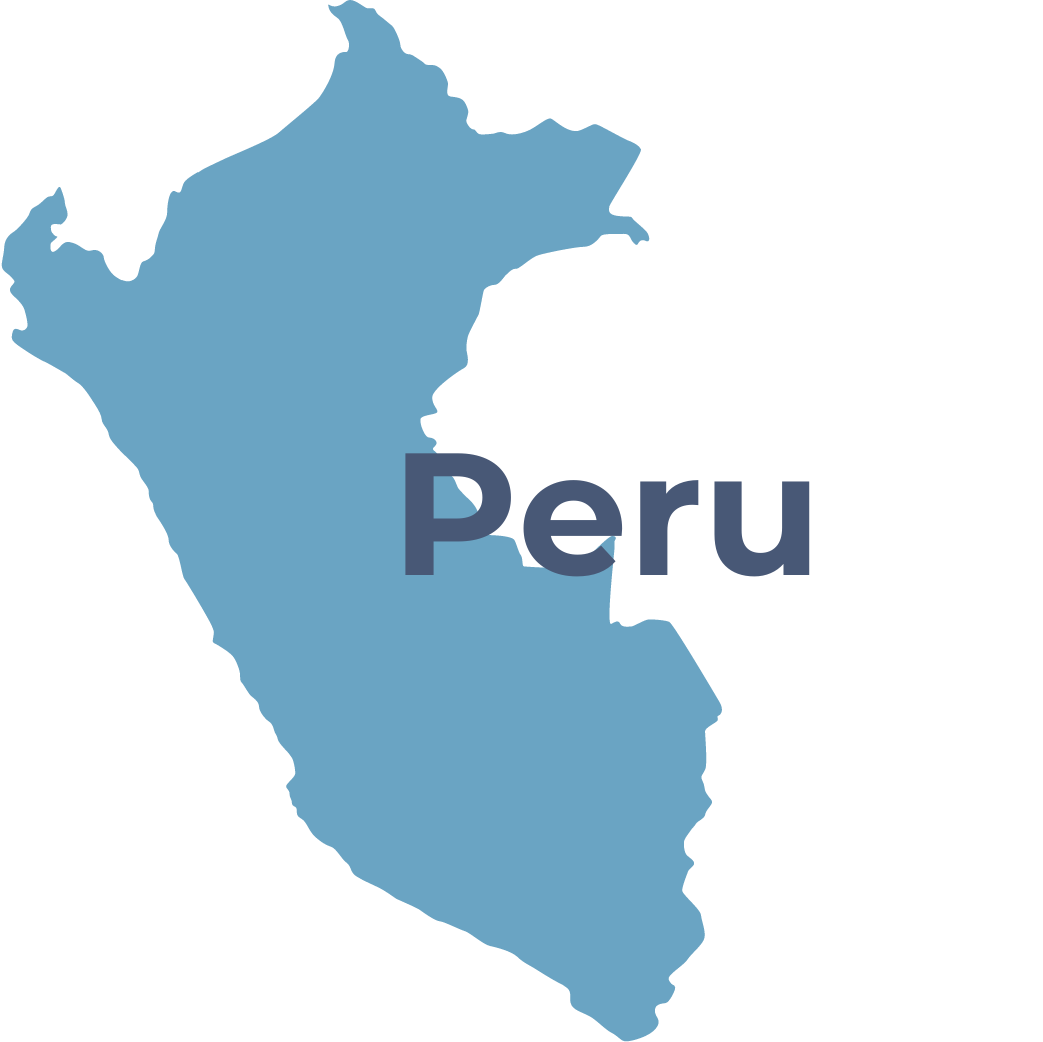We work in multiple countries around the world
Chiesi Foundation actively carries out projects and initiatives in the field of scientific research and international cooperation, in the reference areas such as pulmonology and neonatology.
We work in many
countries in the world
Chiesi Foundation actively carries out projects and initiatives in the field of scientific research and international cooperation, in the reference areas such as pulmonology and neonatology.
We work in many
countries in the world
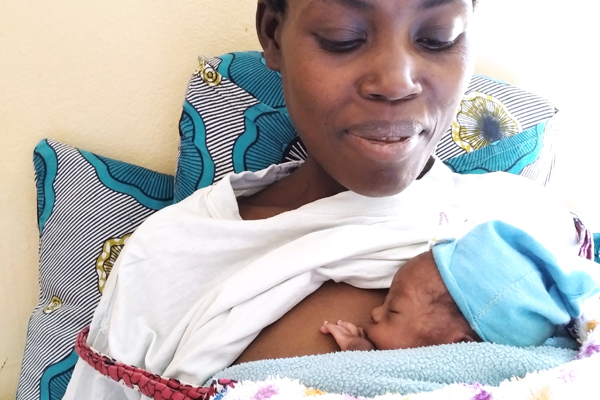
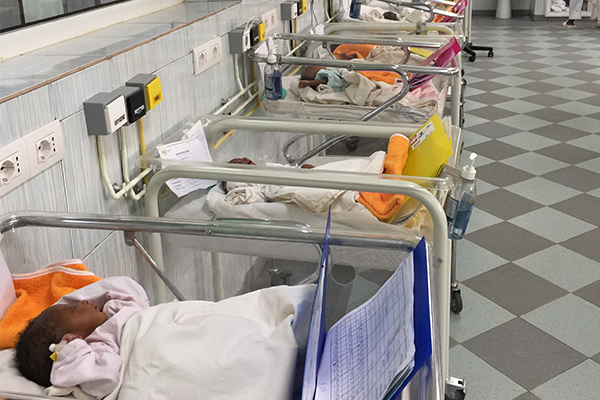
Neonatology
Project
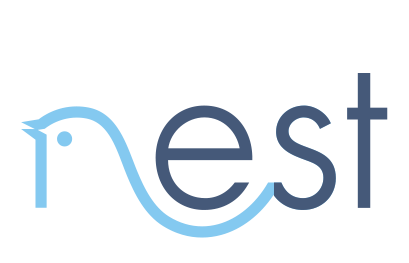
Neonatal Essential Survival Technology
The NEST project aims to reduce neonatal mortality (0-28 days) in particular of morbid, premature or low birth weight infants. The approach adopted is specific to each context that is faced, since the target group of countries includes territories with different health structures and different levels of financial and human resources.
Training programs on essential care for the newborn aimed at local health personnel, training highly specialized health figures.
Preparation of neonatology wards, with resources, organizational methods and basic medical instruments appropriate to the local context.
Dissemination of protocols and guidelines on basic care, in accordance with international recommendations and standards.
What we have achieved in each country
Neonatology
Project

Improving Quality and Use of Newborn Indicators
To monitor and measure the impact of the project, the Chiesi Foundation launched IMPULSE, with the aim of generating evidence on effective methods and tools to improve the availability, quality and use of neonatal data in sub- Saharan, so as to contribute to improving the health and well-being of newborns admitted to neonatal units.
The research aims to generate evidence on effective and sustainable tools and methods to improve the availability, quality and use of neonatal data in sub-Saharan Africa and, in doing so, contribute to improving the health and well-being of every newborn, particularly of small and sick infants admitted to hospital.
Project under development in the countries of Ethiopia, Uganda, Tanzania and the Central African Republic.
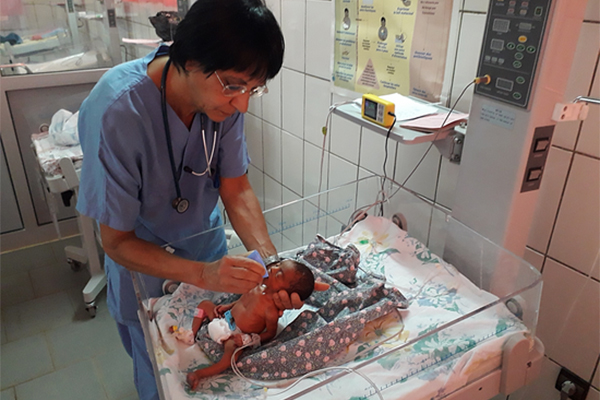
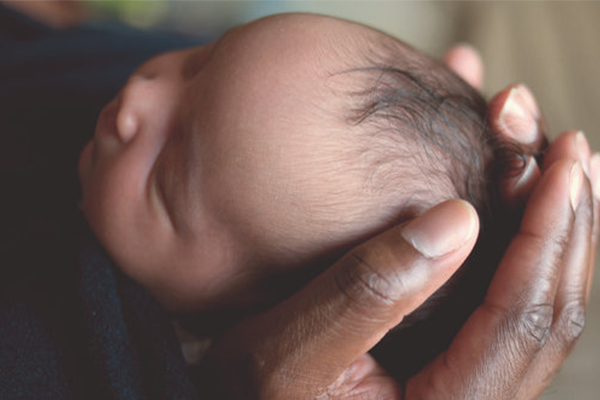
What we have achieved in each country
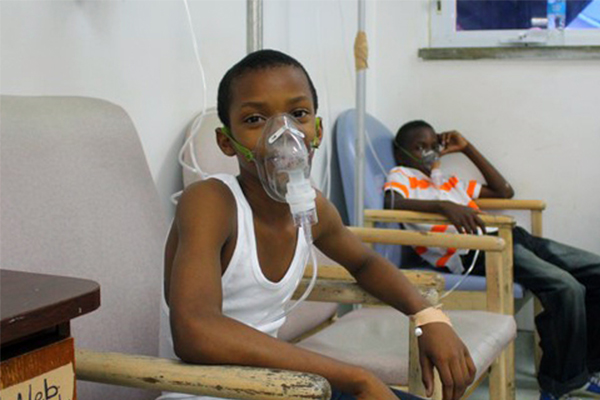
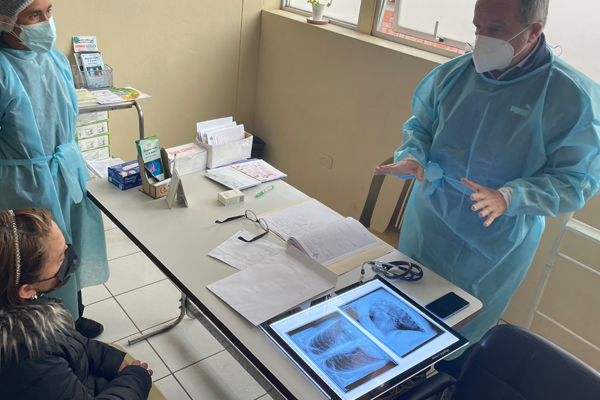
Pulmonology
Project

Global Access to Spirometry Project
The GASP Project promotes medical training in the respiratory field by focusing on the development of a model of specific diagnostic and clinical skills for the management of chronic respiratory diseases, with particular reference to asthma and chronic obstructive pulmonary disease (COPD).
The aim is to transfer the acquired know-how to other low-income countries as well.
The three-year pilot initiative was implemented in Guyana and led to the creation of the country’s first spirometry laboratory for the screening of these diseases and the development of a training program for the management of chronic respiratory diseases aimed at local staff, patients and their families.
What we have achieved in each country
Together to guarantee the
right to health.
Together to guarantee the
right to health.
